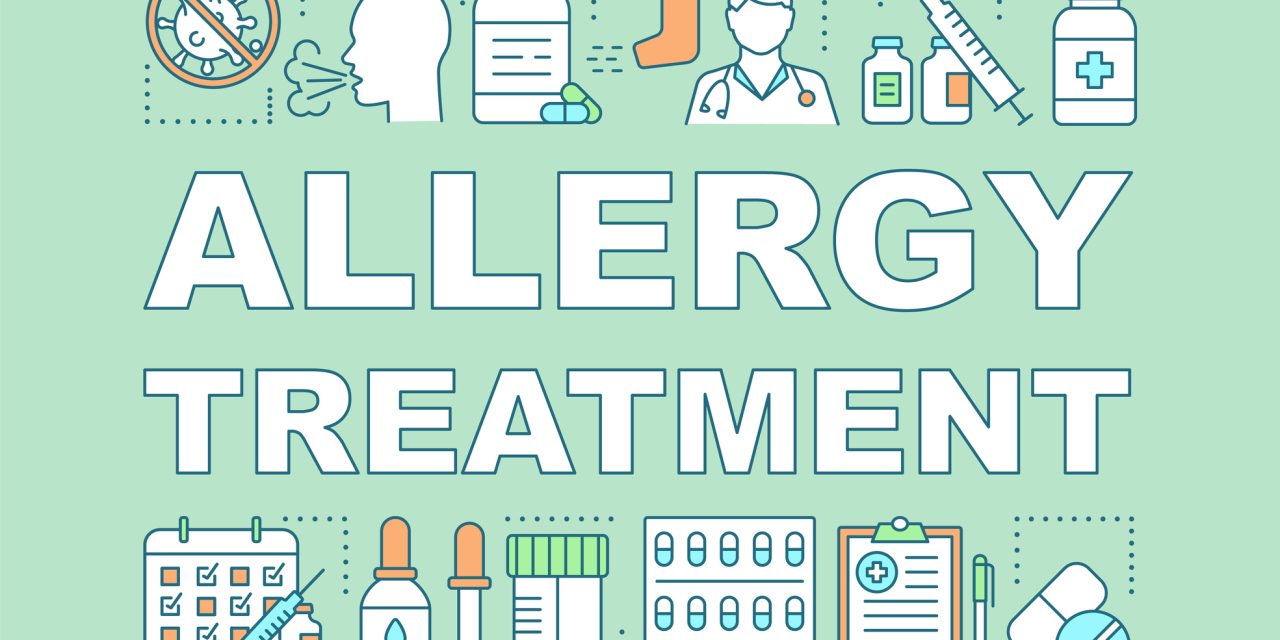Chronic rhinosinusitis (CRS) is a difficult disease condition that affects 8–15% of the general population. Topical steroids have been indicated as an essential component of the CRS treatment plan. This review focuses on steroid transnasal nebulization as an alternate CRS therapy strategy. Nebulizers pressured metered-dose inhalers, and dry powder inhalers are examples of modern inhalation devices. Pulsating flow transnasal nebulization can improve sinus ventilation and promote medication deposition with a longer residence duration. As shown by considerable clinically meaningful benefits and the absence of major side effects, short-term steroid transnasal nebulization is an effective and safe therapeutic option for CRS patients. The underlying processes include a decrease in inflammatory cells, inhibition of inflammatory cell-associated cytokines and chemotactic factors, and tissue remodeling control. The efficacy of transnasal nebulization outperforms routinely used nasal sprays and nasal irrigation as topical steroid administration methods; nevertheless, long-term safety with nebulized steroids requires additional investigation.
Steroid transnasal nebulization can be used instead of or in addition to nasal sprays and nasal irrigation to treat individuals with CRS. To fully grasp the advantages of this therapeutic method, long-term dose-dependent trials using nebulized steroids will be required.


